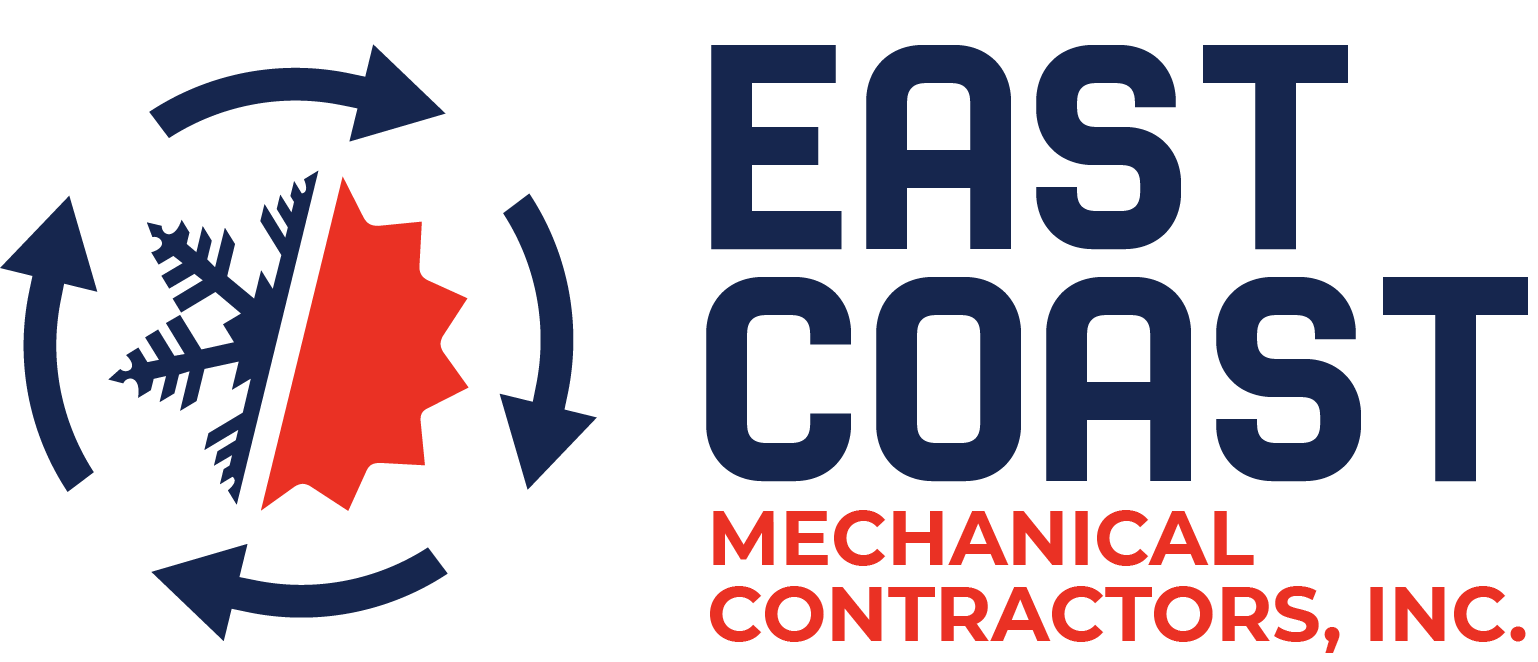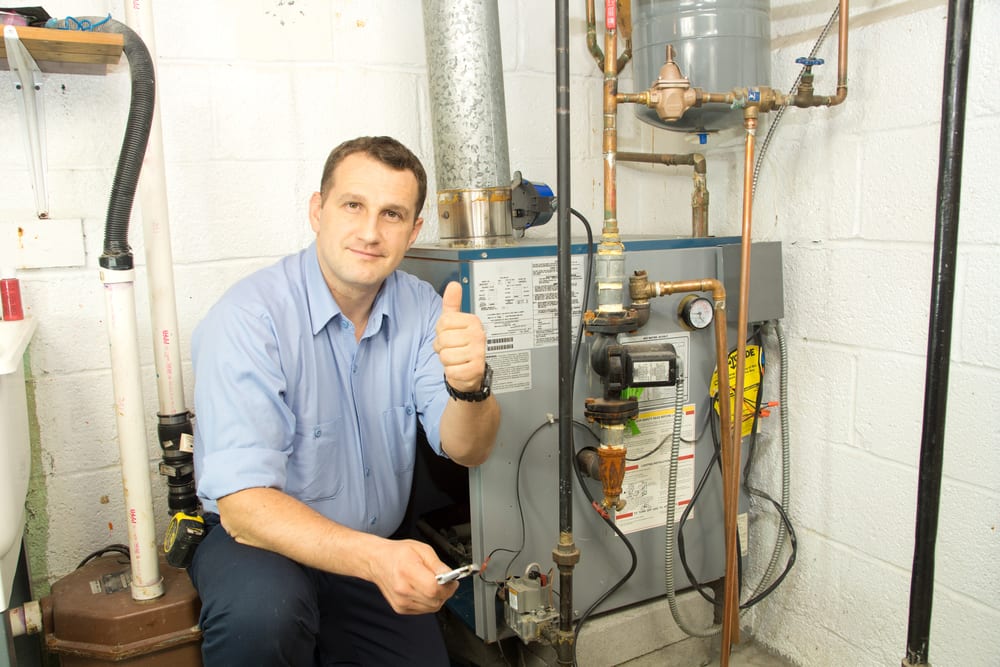Did you know that home heating and cooling account for half of an average household’s energy use? That means if you have the typical household energy bill of $2,000, $1,000 goes towards your HVAC use alone. It could even be higher if your heater or cooler is no longer running efficiently. Worse, an unkempt HVAC system is more likely to break down when you need it the most. That could mean being heatless during the coldest days of the year. If this happens, the first thing you likely want to do is search for “heating repair near me” online.
Heating repair in Farmingdale
After all, being cold isn’t only uncomfortable; it also has adverse health effects. Fortunately, you have several heating repair options, starting with simple DIY fixes. You can also rely on licensed and experienced HVAC techs for 24/7 emergency repairs. Ready to learn what you can and should do in case your heater goes out in the dead of the winter? Then let’s dive right into it!
Safety First
In the US, almost five in 10 homes use natural gas as a source of energy. If your heater relies on natural gas and it suddenly breaks down, pay attention to any odors you might smell. If your house smells like rotten eggs, it’s possible that you will have a gas leak. That’s the sulfuric smell of mercaptan. This chemical makes methane — the primary component of natural gas — easier to detect.
Keep in mind that residential natural gas consists of between 85% to 95% methane. Methane itself is odorless and colorless, but it’s also a flammable gas. Moreover, exposure to this can cause health issues like headaches, nausea, and suffocation. That said, leave your home right away if your heater conks out and your home smells like a hot spring. If you can, open windows as you exit and call the natural gas provider to let them know about the potential leak.
Thermostat
If your house smells fine, it’s possible that the heater’s thermostat is to blame for your frigid home. So, before you rush over to google “heating and air conditioning repair near me”, inspect the thermostat
A thermostat in a home heating and cooling system senses and controls temperature. Think of it as the “brain” of your HVAC system — it instructs the unit to either provide heated or cooled air. Then, once the temperature has reached the desired level, it tells the unit to stop heating or cooling.
With such a critical role, it’s easy to see why you can trace most signs of HVAC problems back to a faulty thermostat. That’s why you should inspect the thermostat first as your “no heat” issue may only be due to bad or dead batteries. It’s also possible that someone accidentally switched the control to “Auto” or “Cool”. Switch the batteries first and make sure to set the thermostat to “Heat”. Wait for a few minutes to see if your heater will now warm up your home.
Check Your Circuit Breaker
The thermostat may also have shut down after your home’s main circuit breaker tripped. A power outage may have triggered the breaker to automatically shut off. This is normal, as breakers should trip to prevent potential electricity overloading.
In case an overload did occur, you only have to switch the breaker for your HVAC unit back to “ON”. This should restore power to the thermostat.
Make Sure Your Heaters’ Filter is Clean
Your heater may not be warming your home enough because of restricted airflow. A likely culprit is a dirty filter. The heated air won’t exit the vents or ducts if there’s a lot of dirt and debris trapped in the filter. Hopefully, your heater’s filter is washable, as this means you only have to clean it to reuse it. If not, then you need to purchase a replacement filter.
Call for Help Contact us
If you have furnace repair or replacement for your office or home, join hands with a licensed and insured contractor at East Coast Mechanical. Email: ecmcecmc@aol.com Address: 5133 W Hurley Pond Rd Suite A, Wall Township, NJ 07727 Hours: Monday to Friday 8 AM to 5 PM and Closed Saturday and Sunday.

